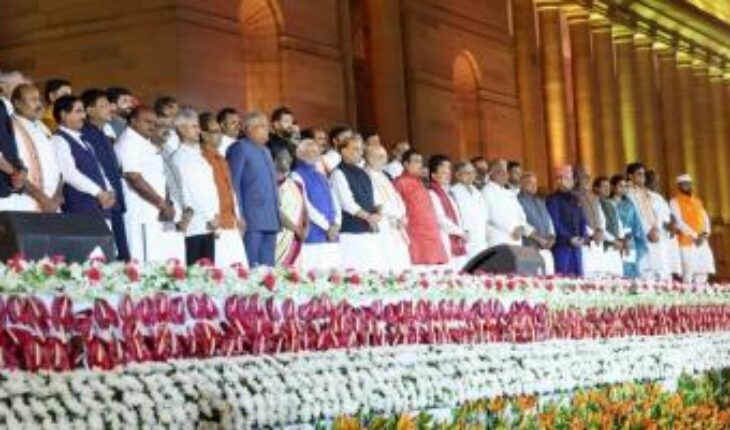The recent portfolio allocations for the newly sworn-in Ministers of the 18th Lok Sabha reveal a continuation of roles from the previous regime, with the Bharatiya Janata Party (BJP) retaining major portfolios such as Home and Telecommunications. Meanwhile, coalition allies share the remaining positions. Among the notable appointments is Jitendra Singh, Minister of State with independent charge over the Departments of Space (DoS) and Atomic Energy (DAE), the Ministries of Earth Sciences (MoES), Science and Technology (MST), and Personnel, Public Grievances, and Pensions. Each of these portfolios is substantial. The DoS is navigating the complexities of private sector involvement in national space initiatives and developing human spaceflight missions.
The MoES is embarking on seabed exploration for mineral resources and addressing climate adaptation and mitigation. The MST is steering India’s top research departments amid global advancements in artificial intelligence, quantum computing, multi-omics, and advanced energy storage solutions. The DAE is pushing forward with nuclear power expansion, aiming to start phase two of its reactor program and commission one facility annually. Given the vast technical scope and societal implications, these portfolios deserve more than a shared Minister of State. These fields also face persistent challenges.
Fellowship and grant disbursements for young researchers are notoriously delayed. Facilities for interdisciplinary research remain localized and uncooperative, hindering collaboration. Cutting-edge research is stymied by inconsistent regulations, weak intellectual property rights protection, and limited translational research, often confined to certain sectors. Additionally, India’s gross domestic expenditure on research and development as a fraction of GDP has been declining since 2008-09. While increased funding is necessary, it must be accompanied by capacity building to effectively utilize these resources, which has been sporadic at best. India urgently needs dedicated Ministers, ideally of Cabinet rank, for each major research body to address these longstanding issues and ensure their needs are met. This approach is crucial for achieving meaningful progress, particularly under the challenging conditions of a coalition government.





